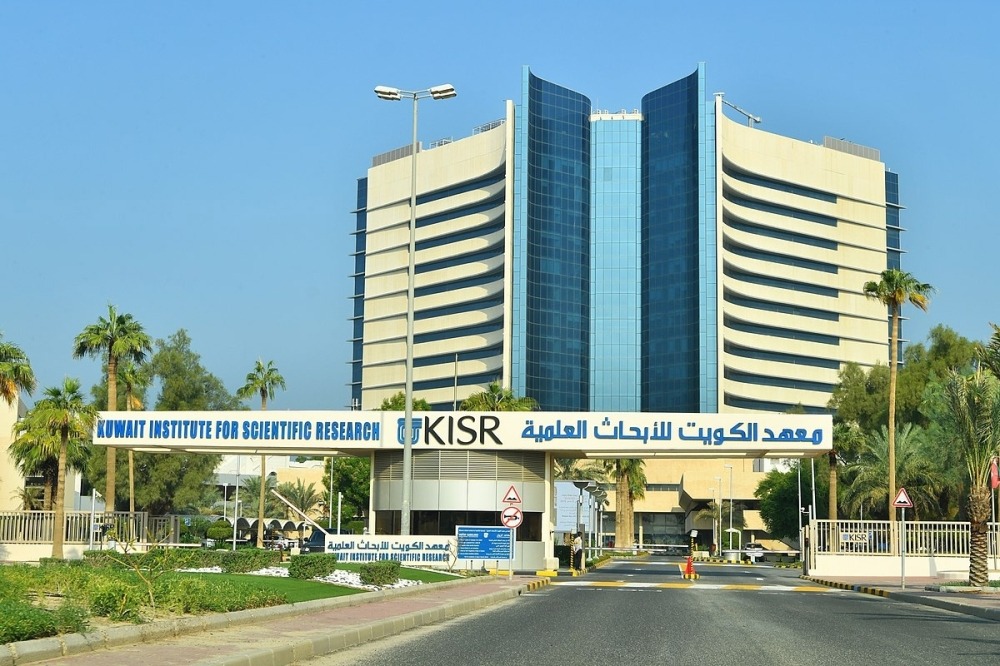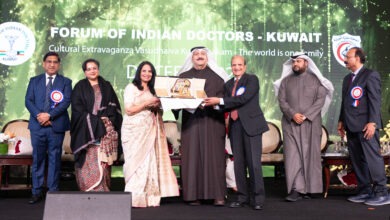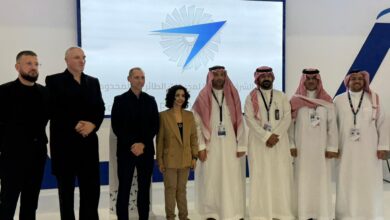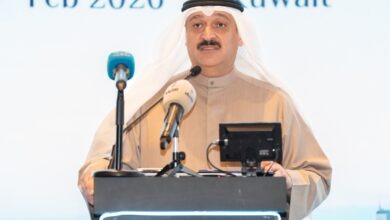Kuwait develops solar-powered seawater desalination project
The Kuwait Institute for Scientific Research confirmed that its solar-powered desalination project successfully established a performance base, producing 23.42 liters of fresh water daily using Arabian Gulf seawater.

• The solar-powered membrane distillation technology boosts local expertise, enhances water security, and reduces environmental impact, making it ideal for remote areas with growing water needs.
The Kuwait Institute for Scientific Research has completed an innovative project titled “Developing Performance Profiles for Integrated Solar-Powered Air-Gap Membrane Distillation Technology for Seawater Desalination in Kuwait,” as reported by Al Jarida newspaper.
The institute stated in a press release that the project aims to develop an experimental test unit for solar-powered air-gap membrane distillation technology for seawater desalination. This unit has been installed and equipped at the desalination research station of the Kuwait Institute for Scientific Research. The project was led by Dr. Garudashari Bhadrashari, Dr. Mansour Ahmed, and the Director of the Desalination Technologies Program at the Institute’s Water Research Center.
The statement added that the project achieved its objectives by establishing a reference knowledge base on the performance of the experimental unit, which uses solar-powered membrane distillation technology under realistic operational conditions in Kuwait, with Arabian Gulf seawater as the feed source. The experimental results showed that the system can produce the equivalent of 23.42 liters of fresh water per day.
A conceptual design for large-scale production was developed, based on experimental results and modeled through mathematical simulations, to assess the technical and economic feasibility of the technology at varying operating capacities.
The system offers social and economic benefits, including the development of local expertise, improving water security, and reducing environmental impacts. It is particularly suited for remote areas and can be easily expanded to meet growing water demand.
The researchers recommended conducting pilot-scale experiments with renewable energy and waste thermal energy to reduce overall energy consumption. They also provided scientific evidence that the technology is highly effective in desalinating seawater and excels in minimizing issues such as blockage, salt deposits, and corrosion, which prolong the life of membranes and reduce the need for chemicals in feed water compared to traditional reverse osmosis systems.
The institute noted that this innovative technology can be applied at varying capacities, ranging from small to medium-sized units, and can be used for both mobile and fixed desalination applications, including commercial stations.
One of its key developmental benefits is the localization of scientific knowledge, diversifying freshwater production sources to achieve water security and sustainability in the face of resource scarcity while reducing economic burdens.
The Water Research Center is now working on applying these technologies to reduce the cost of freshwater production and minimize harmful emissions from traditional water production plants.
This research project was funded by the Kuwait Institute for Scientific Research, and several scientific papers are currently being published at international conferences, workshops, and in prestigious peer-reviewed journals, aiming to contribute to the global knowledge base and be classified in the (Scopes Q1) database.












